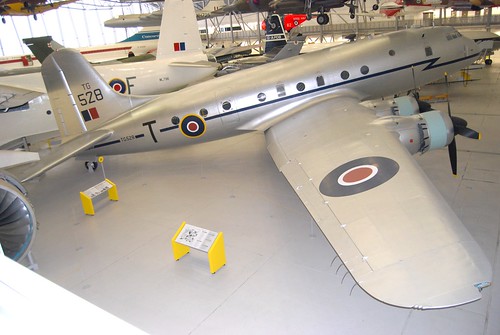
| Post Info | TOPIC: Hastings TG602 at Shallufah 12th January 1953 | ||||||||
|---|---|---|---|---|---|---|---|---|---|
|
|
|
||||||||
|
|
|
||||||||
|
|
|
||||||||
|
|
|
||||||||
|
|||||||||
|
|
||



|

| Post Info | TOPIC: Hastings TG602 at Shallufah 12th January 1953 | ||||||||
|---|---|---|---|---|---|---|---|---|---|
|
|
|
||||||||
|
|
|
||||||||
|
|
|
||||||||
|
|
|
||||||||
|
|||||||||
|
|
||



|